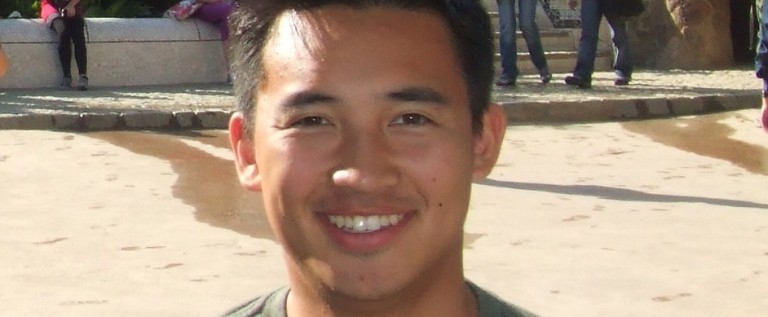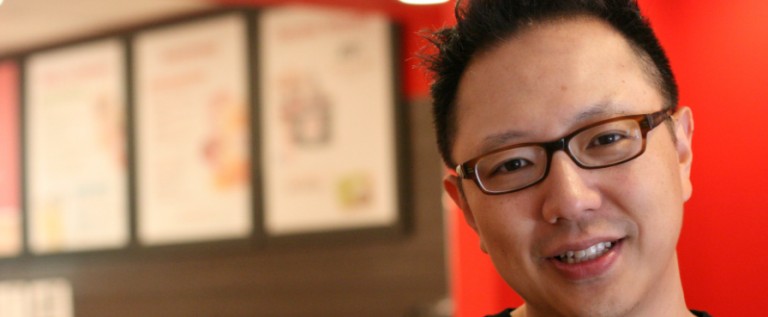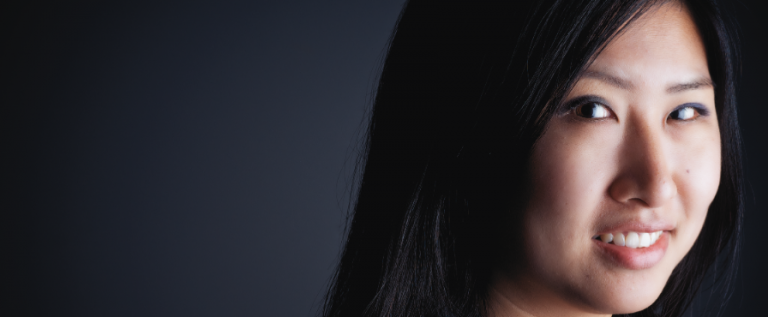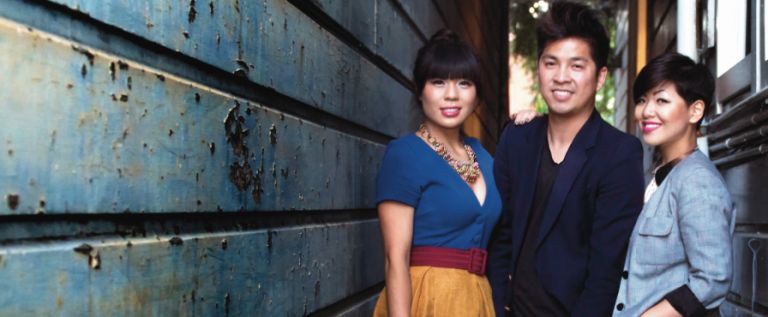Introducing Greg Chang: The Plunge

Friday, Aug. 10 is a date that I can’t wait for. But it also scares the living you-know-what out of me. Recently, I told my supervisors that I’ll be leaving my job as a health care administrator at one of the country’s top medical centers. But I’m not leaving to take a promotion at a similar institution or a gig at a consultancy. Instead, I’ll be working full-time with some amazing people in a pre-revenue, pre-funding technology startup that I co-founded called forMD. For those for whom the phrases “pre-revenue” and “pre-funding” don’t make it painfully obvious, my immediate future will be characterized by ramen, cold pizza, sleepless nights, and single-ply toilet paper. To most it sounds like a foolishly self-inflicted plight, but to me, it sounds downright romantic. And I’m going to have more fun that I’ve ever had doing it.
For some reason, I’ve been obsessed with solving a problem. Like many entrepreneurs before me, the company I’ve started began with an attempt to solve a problem that my colleagues and I were experiencing in our everyday lives. We observed a real problem without a meaningful solution. And whether it is based on unique insight, naïveté, or some combination of both somehow the solution seems painfully obvious to us. And because of that, recently every waking hour has been plagued by how to create a technology solution and build a business around that solution. Ever since I realized that this could be a real business, I’ve been obsessed. At the gym. In the shower. At the bar. Even in my dreams I think about forMD. Because of that, I’ve quit my job and I’m trading it all in for the opportunity to build something that history says has a very high probability of failing.
For the foreseeable future, I’ll be sharing my experiences as a burgeoning entrepreneur in a monthly column, called The Plunge. But despite my enthusiasm for my professional pursuits, when I was asked to share my journey it gave me some pause. All my life I’ve been an unwilling participant in Asian American issues, so how appropriate would it be for me to be a regular contributor to AList?
When I look in the mirror, I don’t see an Asian American. I see a unique individual comprised of strengths, weaknesses, values, behaviors, physical attributes, and whatever else define a human being. Raised in a small beach town in Connecticut, I graduated from boarding school, went to play tennis at a small Division I school in Philadelphia, and eventually made my way down to North Carolina after I figured out I would never be the second coming of Michael Chang. Race and ethnicity aren’t dimensions that I personally feel defined by. There is so much more to me, and to all of us, than what can be distilled into such labels. I am defined by my actions. And while my actions as products of my belief system are inextricably tied to my Chinese-American heritage and the impact that has had on my values, I view this part of me as more incidental than defining.
In many cases, the importance of race is almost existential, as it doesn’t have much meaning aside from that which we assign to it. As I walk down the cheese aisle at Harris Teeter, I’m not a Chinese guy walking down the cheese aisle at Harris Teeter. I’m just another customer. When I sit in my office in Durham, North Carolina, I feel much more defined by the fact that I’m a ‘suit’ than that I’m a 27-year old Chinese-American male from above the Mason-Dixon Line. Unabashedly optimistic. Occasional glutton. Unapologetically ambitious. Uncle to Max. These descriptors are much richer than Chinese-American.
In the past two years, there’s been a lot of talk about what does and does not define contemporary Asian Americans. Between Amy Chua’s Battle Hymn of the Tiger Mother and Wesley Yang’s piece Paper Tigers, there has been much to discuss. In particular, Yang’s article highlighted the issue of the bamboo ceiling, which created a great deal of discussion at least in my personal circles. Why is there such a disconnect between Asian’s American’s academic achievement and career outcomes?
I never felt really plugged into this debate, or rather never inserted myself into it, because the framework within which it operated itself gave far too much credence to the notion of race as a defining characteristic. Perhaps my optimism makes me incorrectly believe that we, for the most part, live in a post-racial society. Granted, there are moments when I am violently reminded of the ignorance and intolerance of a small, unfortunate minority (see: Jeremy Lin “Chink in the Armor” fiasco). But for the large part, I’ve never felt affected by a bamboo ceiling and any opportunity I wasn’t able to obtain I attributed to my own inadequacies or missteps.
More than anything else, I’ve tried to detach myself from this narrative because the more we focus on it the more powerful and crippling it becomes. Instead I’ve tried to transcend it so as to strip it of its power, by simply focusing on how to better myself. But even in doing so, I’ve focused disproportionate effort on the traits typically cited as holding Asian Americans back from reaching executive positions such as leadership and communication skills. Paradoxically, I continue to ignore the bamboo ceiling but also seemingly embrace its hypothesis by trying to prove it wrong.
Ultimately, I’m not sure how powerful this social trend is for our community and how it affects me if at all. But what I’m sure of is that our community hasn’t had an effective vehicle to voice our opinions on these critical issues, let alone open them up for debate. And it’s for this reason that I’m completely onboard to help with AList in whatever capacity they might ask of me. Hopefully, you’ll enjoy what I have to contribute.





